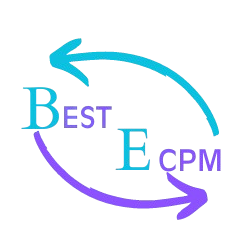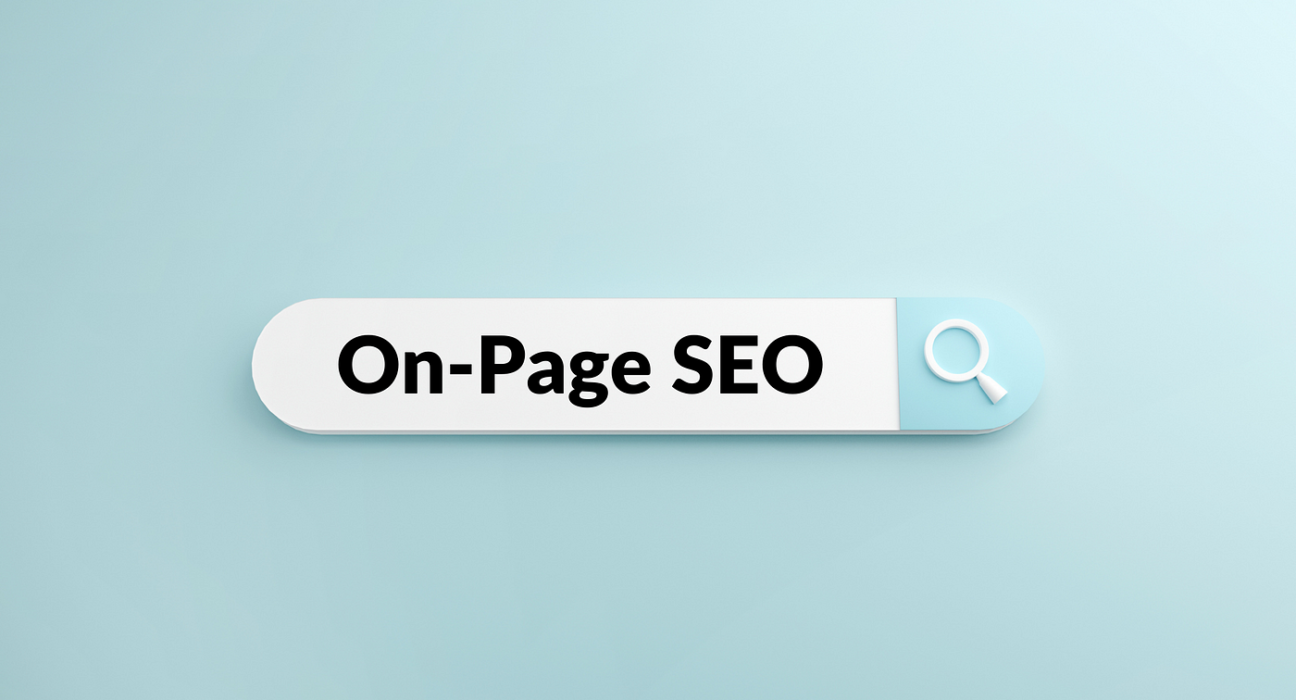In the ever-evolving world of digital marketing, mastering search engine optimization (SEO) is crucial for enhancing your online presence. Among the various facts of SEO, on-page SEO holds significant importance. But what is on-page SEO, and how can it be benefited to boost your website’s visibility and rankings? This comprehensive guide will answer these questions, exploring the key elements of on-page SEO and providing actionable tips to optimize your web pages effectively.
Introduction to On-Page SEO
On-page SEO, also known as on-site SEO, refers to the practice of optimizing individual web pages to improve their search engine rankings and drive organic traffic. This involves optimizing various elements of the web page, including content, HTML source code, and user experience. The goal of on-page SEO is to make your website more accessible and understandable to search engine algorithms, thereby enhancing its relevance and authority.
Why On-Page SEO Matters
Understanding what is on-page SEO and its importance is essential for any digital marketer or website owner. On-page SEO helps search engines like Google, Bing, and Yahoo understand the content of your web pages and their relevance to user queries. By optimizing your pages, you increase the likelihood of ranking higher in search engine results pages (SERPs), attracting more organic traffic, and ultimately achieving better visibility and conversion rates.
Key Elements of On Page SEO
To effectively optimize a web page, it is essential to focus on various elements that contribute to its overall SEO. These elements include:
-
Content Quality and Relevance
-
Title Tags
-
Meta Descriptions
-
URL Structure
-
Header Tags (H1, H2, H3, etc.)
-
Keyword Usage
-
Image Optimization
-
Internal Linking
-
Mobile Friendliness
-
Page Speed
Explanation
Here we explain all the elements in detail.
1. Content Optimization
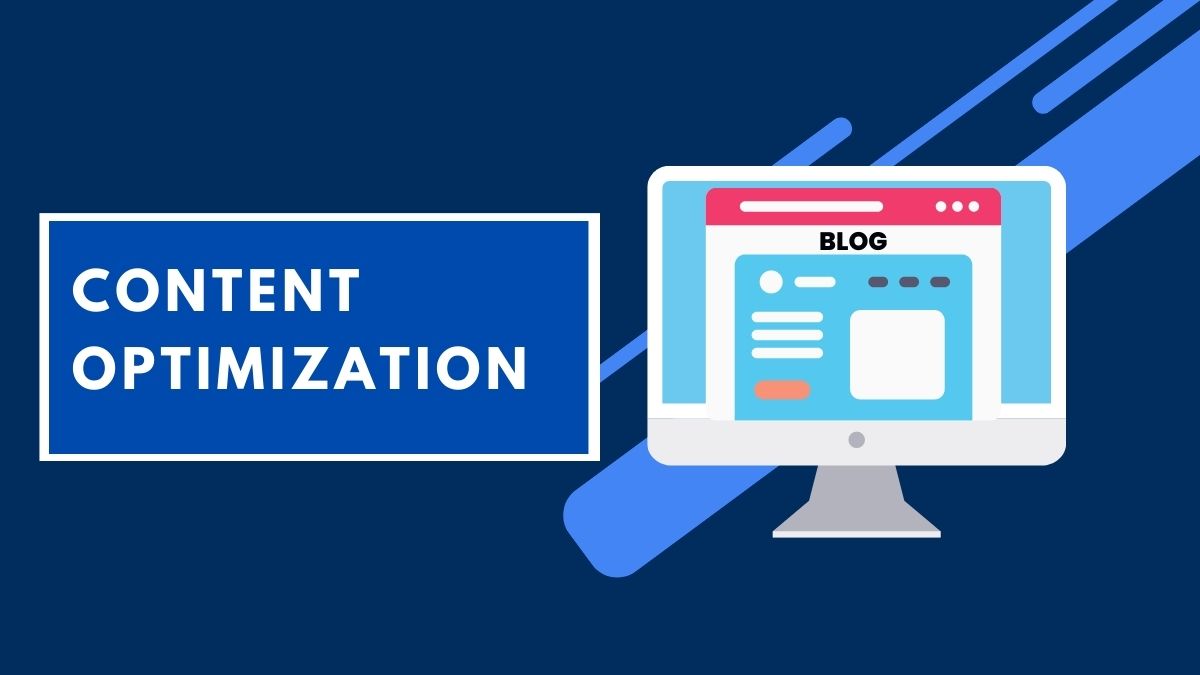
Content is the backbone of on-page SEO. High-quality, relevant, and engaging content can significantly enhance your website’s performance in search engines. Here are some crucial aspects of content optimization:
Keyword Research and Usage
Effective keyword research is the foundation of content optimization. Identify the primary and secondary keywords related to your topic and incorporate them naturally into your content. Avoid keyword stuffing, as it can lead to penalties from search engines.
Content Quality and Relevance
Ensure your content is informative, well-structured, and addresses the needs and interests of your target audience. High-quality content is more likely to be shared and linked to, enhancing your website’s authority and relevance.
Content-Length
Longer content tends to perform better in search engine rankings. Aim for comprehensive, in-depth articles that cover your topic thoroughly. However, ensure that the content remains engaging and valuable to readers.
Use of Media
Incorporate images, videos, infographics, and other media types to make your content more engaging and visually appealing. Optimized media files can also enhance your on-page SEO.
2. HTML Tags
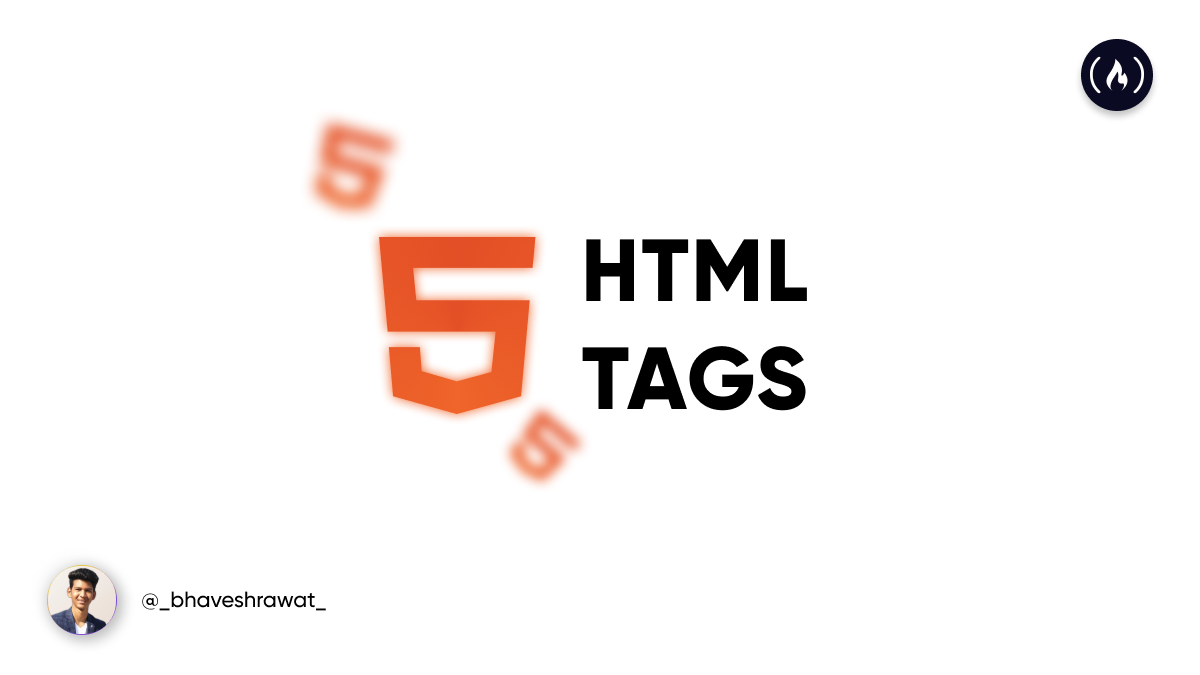
Proper use of HTML tags is crucial for on-page SEO. These tags help search engines understand the structure and hierarchy of your content.
Title Tags
The title tag is one of the most important on-page SEO elements. It appears in the search engine results as the clickable headline for a given result. Ensure your title tag is descriptive, includes your primary keyword, and is within the recommended length (50-60 characters).
Meta Descriptions
Meta descriptions provide a summary of your web page’s content. Although they do not directly impact rankings, well-crafted meta descriptions can improve click-through rates (CTR). Include your primary keyword and ensure the description is compelling and within 150-160 characters.
Header Tags (H1, H2, H3, etc.)
Header tags help organize your content and make it easier for readers and search engines to understand. Use the H1 tag for the main title of your page and H2, H3, and other tags for subheadings. Incorporate relevant keywords in your headers where appropriate.
3. URL Structure
SEO-friendly URLs are concise, descriptive, and include relevant keywords. Avoid using long, complex URLs with unnecessary parameters. A clean and organized URL structure enhances user experience and helps search engines index your pages more efficiently.
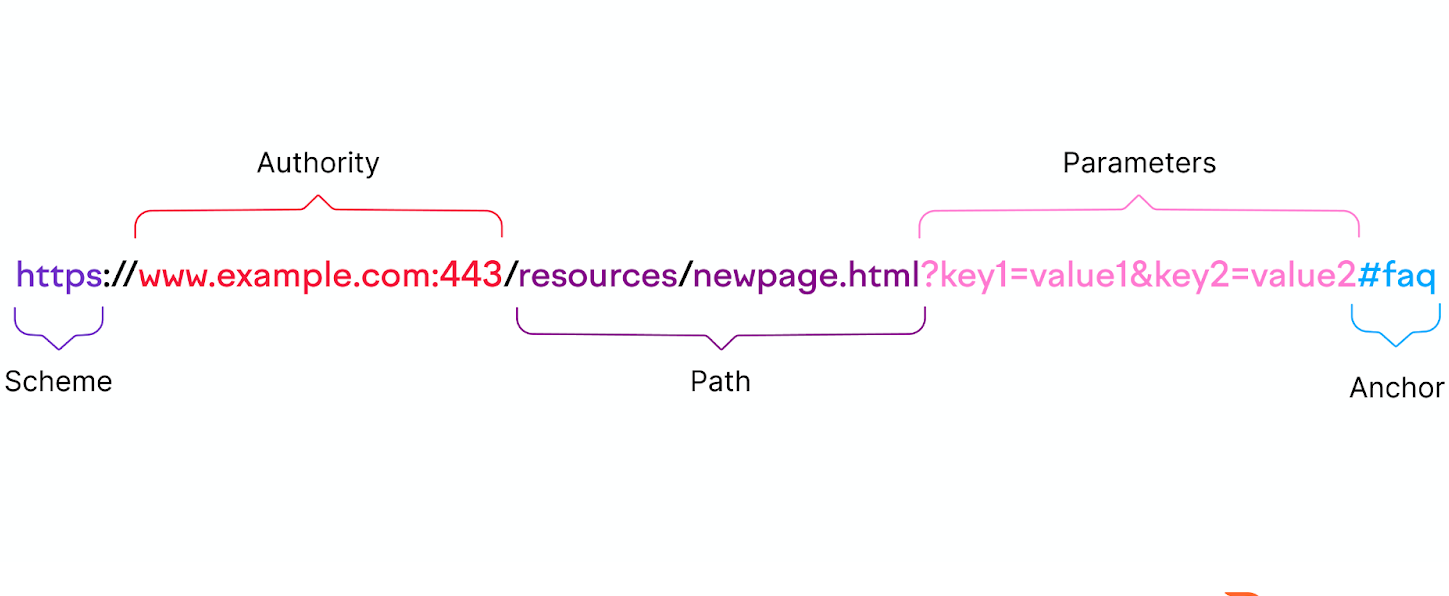
4. Internal Linking
Internal linking involves linking to other pages within your website. This practice helps search engines understand the relationship between different pages and improves site navigation. Use descriptive anchor text for internal links and ensure they point to relevant, high-quality content.
5. Mobile Optimization
With the increasing use of mobile devices for internet browsing, mobile optimization has become a critical aspect of on-page SEO. Ensure your website is responsive and provides a seamless user experience across all devices. Google uses mobile-first indexing, meaning the mobile version of your site is considered the primary version for ranking purposes.
6. Page Speed
Page speed is a crucial factor for both user experience and search engine rankings. Slow-loading pages can lead to higher bounce rates and lower rankings. Optimize your website’s performance by compressing images, leveraging browser caching, and minimizing JavaScript and CSS files.
7. User Experience (UX)
A positive user experience is essential for on-page SEO. Ensure your website is easy to navigate, visually appealing, and provides valuable content. Factors such as a clean design, intuitive navigation, and quick access to information contribute to a better UX and can positively impact your search engine rankings.
Advanced On-Page SEO Techniques
1. Structured Data and Schema Markup
Structured data and schema markup help search engines understand the content of your web pages more effectively. By adding schema markup, you can enhance your search listings with rich snippets, which can improve CTR and visibility. Common types of structured data include product information, reviews, FAQs, and event details.
2. Canonical Tags
Canonical tags are used to prevent duplicate content issues by specifying the preferred version of a web page. This helps search engines understand which version of the page to index and rank, ensuring that your SEO efforts are not diluted by duplicate content.
3. Image Optimization
Optimize images by using descriptive file names, alt text, and appropriate image sizes. Alt text provides context to search engines about the content of an image and can improve your page’s relevance for related keywords. Additionally, compressed images can enhance page speed and overall performance.
4. Content Refresh
Regularly updating and refreshing your content can improve its relevance and performance in search engine rankings. Identify older content that is still valuable but may have outdated information, and update it with current data, insights, and keywords.
5. Outbound Links
Linking to authoritative external websites can enhance the credibility and relevance of your content. Ensure that outbound links are relevant, high-quality, and provide additional value to your readers.
Common On-Page SEO Mistakes to Avoid
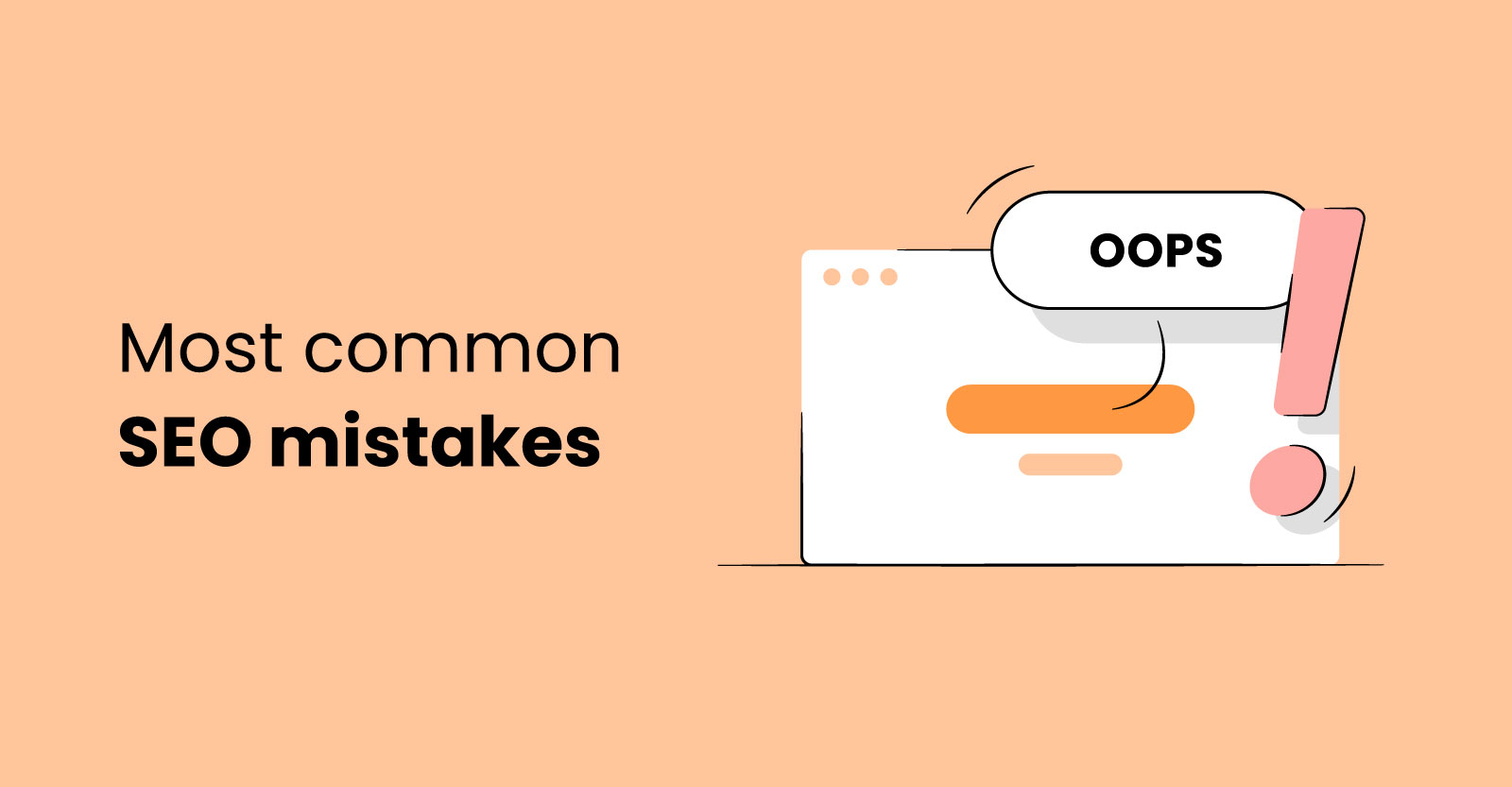
1. Keyword Stuffing
Overloading your content with keywords can lead to a poor user experience and penalties from search engines. Focus on natural and relevant keyword usage.
2. Duplicate Content
Duplicate content can confuse search engines and dilute your SEO efforts. Use canonical tags and ensure your content is unique and original.
3. Ignoring Mobile Optimization
With mobile-first indexing, ignoring mobile optimization can significantly impact your rankings. Ensure your website is responsive and provides a seamless experience on all devices.
4. Poor-Quality Content
Low-quality content that fails to provide value to readers can lead to high bounce rates and lower rankings. Focus on creating high-quality, engaging, and relevant content.
5. Slow Page Speed
A slow-loading website can deter users and negatively impact your rankings. Optimize your website’s performance by improving page speed.
Conclusion
Understanding what is on-page SEO and implementing effective on-page optimization strategies are crucial for enhancing your website‘s visibility, rankings, and user experience. By focusing on key elements such as content optimization, HTML tags, URL structure, internal linking, mobile optimization, page speed, and user experience, you can create a strong foundation for your SEO efforts. Additionally, advanced techniques like structured data, canonical tags, and image optimization can further enhance your on-page SEO.
Avoid common mistakes such as keyword stuffing, duplicate content, and ignoring mobile optimization to ensure your website performs well in search engine rankings. By prioritizing on-page SEO, you can drive organic traffic, improve user engagement, and achieve long-term success in the competitive digital landscape.
FAQs About On Page SEO
What is On Page SEO?
On Page SEO refers to the optimization of individual web pages to rank higher and attract more relevant traffic from search engines. This includes optimizing content and HTML source code.
Why is On Page SEO important?
On Page SEO is crucial because it helps search engines understand your website and its content, improving your chances of ranking higher in search results. It also enhances user experience, making your site more accessible and engaging.
How often should I update my On Page SEO?
Regularly updating your On Page SEO is essential. Search engines frequently update their algorithms, and user behavior changes over time. Keeping your content and SEO practices up-to-date ensures continued relevance and performance.
What are the most important On Page SEO elements?
Key elements of On Page SEO include content quality, title tags, meta descriptions, URL structure, header tags, keyword usage, image optimization, internal linking, mobile friendliness, and page speed.
How can I improve my website’s page speed?
Improving page speed can be achieved by optimizing images, minimizing code, leveraging browser caching, and using Content Delivery Networks (CDNs). Regularly monitoring and optimizing your site’s performance is also crucial.
Can I do On Page SEO myself, or should I hire a professional?
While you can certainly do On Page SEO yourself with the right knowledge and tools, hiring a professional can provide expertise and save time. Professionals stay updated with the latest SEO trends and can offer a more comprehensive optimization strategy.

